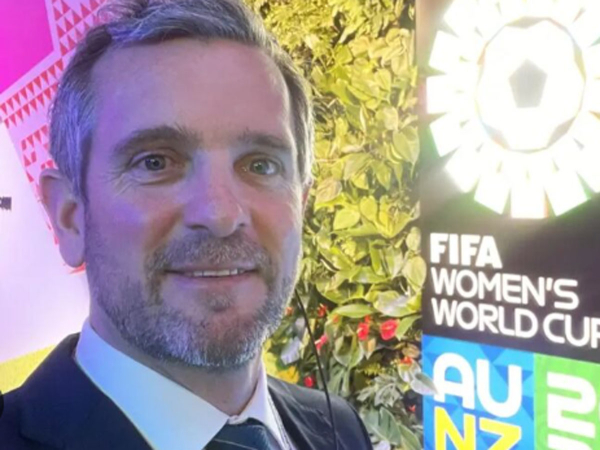[ad_1]

The NZ Superannuation Fund (NZS) has flagged low director fees and search budget constraints as a barrier to restocking the board of Guardians.
In a briefing to the incoming finance minister, the NZS says signing up new board members “has been made more difficult in recent years” with remuneration caps a major factor.
“The fees payable to Guardians’ Board members being significantly below the market. Currently, Board members receive a fee of $48,000 per year ($98,000 for the Chair). These fees do not adequately reflect the workload requirements and increasing demands being made of Board members as the Fund grows in size and complexity,” the briefing says.
“By way of comparison, the annual fees payable to Board members of the Future Fund (one of our peer funds) are A$214,670 for the Chair and A$107,340 for other members.”
NZS also points out that the Guardians nominating committee “does not have sufficient funding to use search firms to help identify [board] candidates”.
As reported last week, NZS board chair, Catherine Drayton, has stepped down from the role after two years in charge and five years as a director with further vacancies looming.
Currently, the NZS board has the minimum five members, including newly appointed chair, John Williamson. Under the NZS rules the board can have up to seven members “all chosen for their experience, training, and expertise in the management of financial investments”.
The briefing also urges the Finance Minister (Nicola Willis) to grant the now $70 billion plus fund tax-exempt status in line with other NZ government funds, certain iwi investors and global sovereign wealth fund peers.
In a well-worn argument, the NZS board says it “has consistently held the view that the NZ Super Fund should not be liable for domestic income tax, a position which was also recommended by the Government’s Tax Working Group in 2019”.
“Such a change would reduce deadweight loss, improve efficiency, and be at worst fiscally neutral for the Government.”
At the very least, the briefing says the government could tweak other rules to ease the fund’s tax burden for holdings in “controlled” offshore companies and local land investments.
The NZS also notes the government may have to tip a further $500 million into the Elevate venture capital fund-of-funds over the next 10 years or face a “material risk that the progress made to date in strengthening New Zealand’s venture capital eco-system will be lost”.
Elevate launched in 2020 following a restructure of the government-run venture capital fund with the NZS appointed to governance duties (and $300 million of its state contributions diverted to kick-start the operation).
Other top-of-the-agenda items for the NZS include the imminent law change (due for a second reading in parliament soon) allowing the fund to take a direct “controlling interest” in companies and the somewhat-delayed appointment of a new chief executive.
The fund previously expected to name the replacement for former chief, Matt Whineray, before the end of last year.
“Under the Crown Entities Act 2004, the Public Service Commissioner agrees contractual terms including base remuneration and remuneration structure with the Board; the Commissioner also agrees to any future changes to the Chief Executive’s base remuneration,” the ministerial briefing says. “The Board will proactively work with the PSC as part of the CEO appointment process.”
[ad_2]
Source link





















